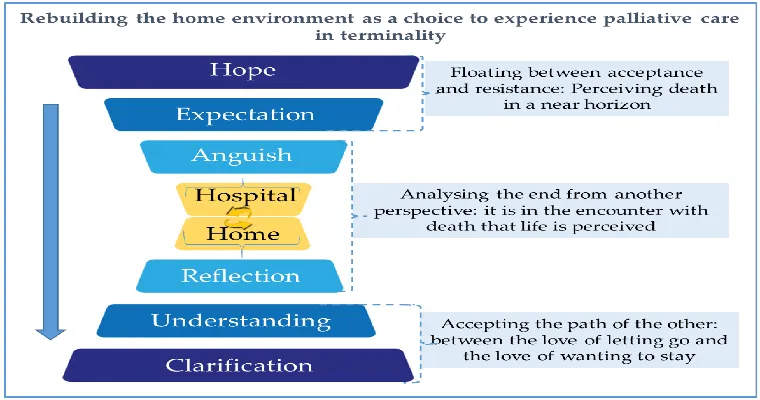Dealing with a "difficult parent" who is "aggressive" and denies their "dementia diagnosis" can be an emotionally challenging experience for caregivers and family members. When a loved one is placed in a "dementia unit", it is often because they require specialized care and support. However, when that parent demands to be released from the unit, it can create a conflict that is difficult to manage. Here are some effective strategies to handle this situation with sensitivity and understanding.
Understand the Diagnosis
Before addressing the demands of a parent with dementia, it is crucial to have a thorough understanding of the "disease" itself. Dementia can cause confusion, agitation, and a lack of insight into one’s own health conditions. Educating yourself about the specific type of dementia your parent has can provide you with valuable insights into their behavior and emotional state. This knowledge will help you approach conversations more effectively and empathetically.
Remain Calm and Patient
When confronted with aggression and denial, it is essential to remain calm. Your demeanor can significantly influence the situation. If you respond with frustration or anger, it may escalate the confrontation. Instead, practice patience and employ a soothing tone when speaking with your parent. A calm approach can help de-escalate their aggression and make it easier for them to engage in a productive conversation.
Validate Their Feelings
Aggressive behavior often stems from fear and confusion. Validating your parent’s feelings can provide them with a sense of security. Acknowledge their emotions by saying things like, "I understand that this is really hard for you," or "It must be frustrating to feel this way." By validating their feelings, you show that you recognize their struggles, which may reduce their defensiveness and open the door for more constructive dialogue.
Use Redirection Techniques
If your parent becomes fixated on leaving the "dementia unit", try to redirect their attention to a different topic or activity. Engage them in discussing their favorite memories, hobbies, or interests. This can help distract them from their immediate demands and may provide a more positive interaction. Redirection is a common technique used in dementia care that can lead to calmer moments.
Involve Professionals
If the situation becomes increasingly difficult to manage, consider involving professionals. Speak with the staff at the dementia unit about your concerns. They are trained to handle difficult behaviors and can offer guidance on how to manage the situation effectively. Additionally, they can provide reassurance to your parent and help them understand the necessity of their current care.
Set Boundaries
While it is important to be compassionate, it is equally important to set boundaries. Clearly communicate that their safety and well-being are your top priorities. Reinforce the reasons why they are in the dementia unit and the care they receive there. Establishing boundaries can help your parent understand that their needs are being met, even if they cannot see it themselves.
Seek Support for Yourself
Caring for a parent with dementia can be mentally and emotionally exhausting. It is vital to seek support for yourself as well. Join caregiver support groups, talk to friends or family, or consider speaking with a professional counselor. Sharing your experiences and emotions can provide you with relief and new perspectives on handling challenging situations.
Conclusion
Dealing with a difficult and aggressive parent who denies their dementia diagnosis is undoubtedly challenging. However, by understanding the condition, remaining calm, validating their feelings, using redirection, involving professionals, setting boundaries, and seeking support for yourself, you can navigate this complex situation. Remember, your goal is to ensure your parent's safety and well-being while maintaining your own mental health. With patience and perseverance, you can find a way to manage these difficult interactions effectively.





